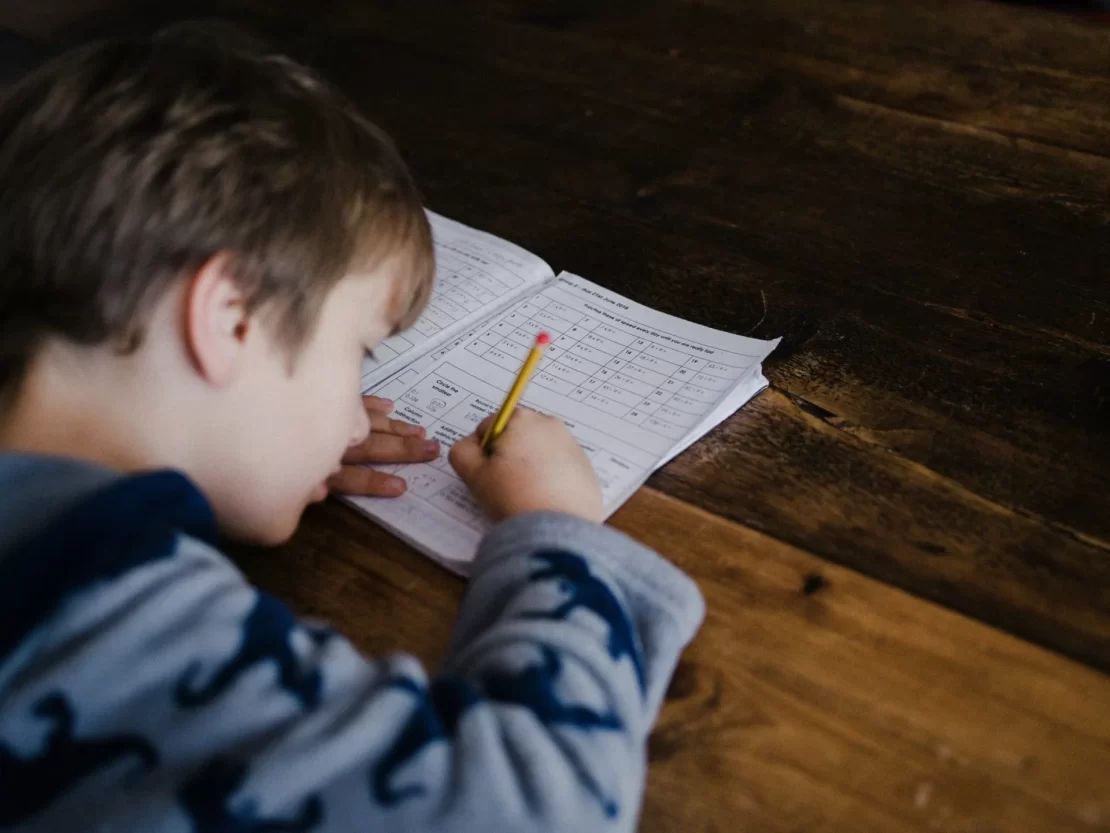
Help Your Special Needs Child Prepare for a New School Year
Originally published on the Parent Guide News website

Summer is a season filled with fun times and relaxation. Yet as this season winds down, the reality of the new school year starting is beginning to kick in. Unstructured days will turn into longer, learning-filled days, and play days will soon become work days. This transition may feel overwhelming and anxiety-provoking for students, especially those with special needs. Help your child with special needs prepare for the new school year with the ideas detailed below.
Set up routines
During the summer, many kids enjoy looser, more relaxed days that lack routine. It is important to have a set routine for school and activities once the school year begins. Start to discuss and set up these routines with your child now, before the school year starts.
Morning
Begin with a set wake-up time. If your child’s school starts at 8am, discuss an appropriate time to wake up. Do they need one hour to eat breakfast, get dressed, and commute to school? If so, their alarm should be set for 7am. Identify the optimal wake-up time for your child and make that the regular, set time they will get up each day.
Come up with a list of breakfast choices your child likes before the school year begins, and perhaps discuss picking out clothing and laying it out the day before each school day. These steps will make school day mornings less stressful and more efficient.
After school
Next, set up a routine for when your child comes home from school. When will they do their homework? Some children prefer doing their work right when they get home, when they are still in “school mode.” Others like to have a snack first, and some need an athletic break before starting their homework an hour or so after the school day ends. Any of these options work; the key is consistency – picking a time and sticking with it.
Bedtime
You should also discuss a bedtime that is realistic for your child given their age and workload.
Remind them to make sure their backpack is filled with all the supplies they need for the next day and homework assignments they need to turn in.
Set up a study space
Setting up a study space is key for starting the year off on a positive note. Some students like to do their homework on a desk in their bedroom, while others prefer a kitchen or dining room table. Any of these options can work, but it is important that your child’s study space is always fully stocked with the necessary supplies, including paper, pencils, pens, highlighters, their computer, and so on.
If their supplies run low, make sure your child re-stocks them before starting their work or you can help them re-stock to avoid them wandering around your home in the middle of their homework session, searching for extra supplies.
If your child works on a kitchen or dining room table, create a portable homework box filled with all of the supplies they need that they can transport from their study space to their room and back to the study space when they are ready to start their homework.
Meet with your child’s teacher
Once you find out who your child’s teacher and service providers (if relevant) will be, set up meetings with them. Discuss with your child’s teacher strategies that have worked well for them in the past and those that have not. Go through your child’s 504 plan or IEP and discuss accommodations that are relevant and important for your child.
For instance, your child’s 504 plan might specify preferential seating, extra time on tests, a separate room for taking tests, printed class notes, and so on. If your child has an IEP, you can discuss the IEP goals and any services they should receive for the coming school year. Make sure there is a plan in place to ensure that your child receives all appropriate accommodations and/or services deemed necessary in their IEP.
You should also set up a plan for communicating with your child’s teacher and service providers on a regular basis throughout the school year. Don’t wait for them to contact you well after an issue has been occurring; be proactive in communicating before any potential challenges arise. Identify a communication plan that works best – whether it’s monthly email check-ins or regular phone calls to discuss how your child is doing and anything you can do to reinforce techniques that are effective at home.
Tutoring can help!
If your child has done little or no academic work over the summer, their skills may be rusty. As a result, starting the new school year on a positive note can be challenging. Take advantage of the time right before school starts to give your child the gift of tutoring; one-on-one special education tutoring can enrich your child’s skills and help them feel confident and ready to start the new year.
You may also consider having a special education tutor for your child once the school year starts to help them develop their reading, writing, math, or executive functioning skills and keep their skills strong, especially if they have a learning disability or ADHD. This tutoring can help your child feel confident and successful as the demands of school continue to increase.
Starting the new school year after a long summer can be challenging for all students. Children with special needs may have even more difficulty transitioning back to school mode. Try these strategies to help your child feel well-prepared and ready to jump-start the new school year.

